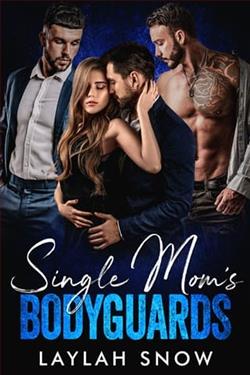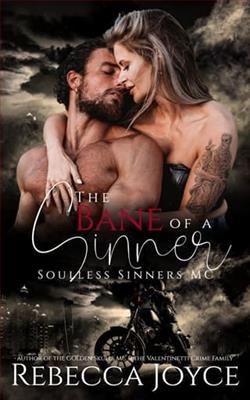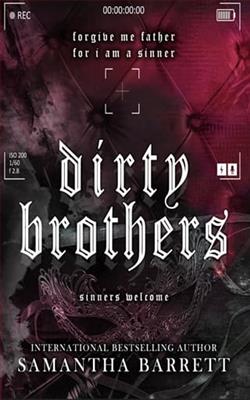Page 233 of Edge of Eternity (The Century 3)
"Apparently it's large. If he wants to intimidate someone, he pulls it out and says: 'Meet Jumbo.' That's what people say."
Men told such stories, Maria knew. It might be true and it might not. She grew serious again. "Everyone in the White House thinks Johnson's behavior has been callous, especially toward the Kennedys."
"I don't buy that. Look, when the president had just died and no one knew what to do next, America was terribly vulnerable. What if the Soviets had chosen that moment to take over West Berlin? We are the government of the most powerful country in the world, and we have to do our job, without a second's pause, no matter how deep our sadness. Lyndon picked up the reins immediately, and a darn good thing he did, because no one else was thinking about it."
"Not even Bobby?"
"Least of all Bobby. I love the man, you know that, but he surrendered to his grief. He's comforting Jackie and he's organizing his brother's funeral, and he's not governing America. Frankly, most of our people are just as bad. They may think Lyndon is being callous. I think he's being presidential."
At the end of the mass, the coffin was brought out of the church and again placed on the caisson for the journey to Arlington National Cemetery. This time the mourners traveled in a long line of black limousines. The procession passed the Lincoln Memorial and crossed the Potomac River.
Maria said: "What will Johnson do about the civil rights bill?"
"That's the big question. Right now the bill is doomed. It's with the rules committee, whose chairman, Howard Smith, won't even say when they will begin discussing it."
Maria thought of the Sunday school bombing. How could anyone side with those Southern racists? "Can't his committee overrule him?"
"Theoretically, yes, but when the Republicans ally with the Southern Democrats they have a majority, and they always defeat civil rights, no matter what the public thinks. I don't know how these people can pretend they believe in democracy."
On television, Jackie Kennedy lit an eternal flame to burn perpetually over the grave. George took Maria's hand again, and she saw tears in his eyes. They watched in silence as the casket was slowly lowered into the ground.
Jack Kennedy was gone.
Maria said: "Oh, God, what will happen to us all now?"
"I don't know," said George.
*
George left Maria reluctantly. She was sexier than she knew in her cotton ni
ghtdress and her old velvet bathrobe, with her hair naturally curly and untidy instead of laboriously straightened. But she no longer needed him: she was planning to meet Nelly Fordham and some other girls from the White House at a Chinese restaurant that evening for a private wake, so she would not be alone.
George had dinner with Greg. They ate at the dark-paneled Occidental Grill, a stone's throw from the White House. George smiled at his father's appearance: as always, he wore expensive clothes as if they were rags. His slim black satin tie was awry, his shirt cuffs were unbuttoned, and there was a whitish mark on the lapel of his black suit. Fortunately, George had not inherited his slovenliness.
"I thought we might need cheering up," said Greg. He loved high-class restaurants and refined cuisine, and this was a trait George had inherited. They ordered lobster and Chablis.
George had felt closer to his father since the Cuban missile crisis, when the threat of imminent annihilation had caused Greg to open his heart. George had always felt, as an illegitimate child, that he was an embarrassment, and that when Greg played the role of father he did so dutifully but without enthusiasm. However, since that surprising conversation he had understood that Greg really loved him. Their relationship continued to be unusual and rather distant, but George now believed it was founded on something genuine and lasting.
While they were waiting for their food, George's friend Skip Dickerson approached their table. He was dressed for the funeral in a dark suit and a black tie, which looked dramatic against his white-blond hair and pale skin. In his Southern accent, he drawled: "Hi, George. Good evening, Senator. May I join you for just a minute?"
George said: "This is Skip Dickerson, who works for Lyndon. For the president, I should say."
"Pull up a chair," said Greg.
Skip drew up a red leather chair, leaned forward, and spoke intensely to Greg. "The president knows you're a scientist."
Now, thought George, what the heck is this about? Skip never wasted time in small talk.
Greg smiled. "My major in college was physics, yes."
"You graduated summa cum laude from Harvard."
"Lyndon is more impressed by that sort of thing than he should be."
"But you were one of the scientists who developed the atom bomb."
"I worked on the Manhattan Project, that's true."















